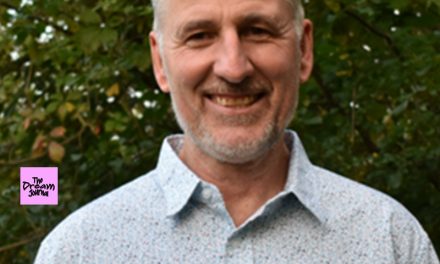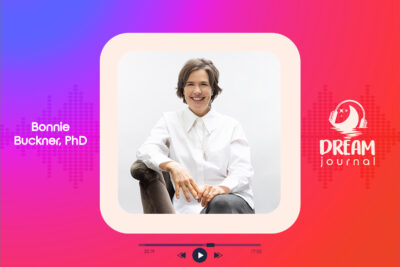
Mindfulness meditation has become wildly popular in the last decade or two, and is taught in places as diverse as corporate board rooms, maximum security prisons, and everywhere in between. One of the standard definitions of mindfulness is “awareness that arises through paying attention, on purpose, in the present moment, non-judgmentally,” according Jon Kabat-Zinn, the founder of the popular program Mindfulness-Based Stress Reduction.

Dr. Joey Weber, who was raised in a Buddhist community in northern England, noticed that the focus in popular mindfulness programs was on the attentional training, and not as much emphasis was given to the “non-judgmental” aspect of mindfulness. He was so intrigued by this that he completed a PhD program devoted to the study of equanimity, the non-judgmental stance of mindfulness. His book, Mindfulness is Not Enough: Unlocking Compassion with Equanimity, is based on his research, and he also developed a six-week training program called Equanimity-based Compassionate Action.
Join us for our conversation with Dr. Weber, as we delve into the meaning of equanimity, what this quality can bring to our lives, and how it can inspire our own compassionate action.












